City Crime
Motorists Fault Persistent Fuel Scarcity …Task NNPC, Others On Supply
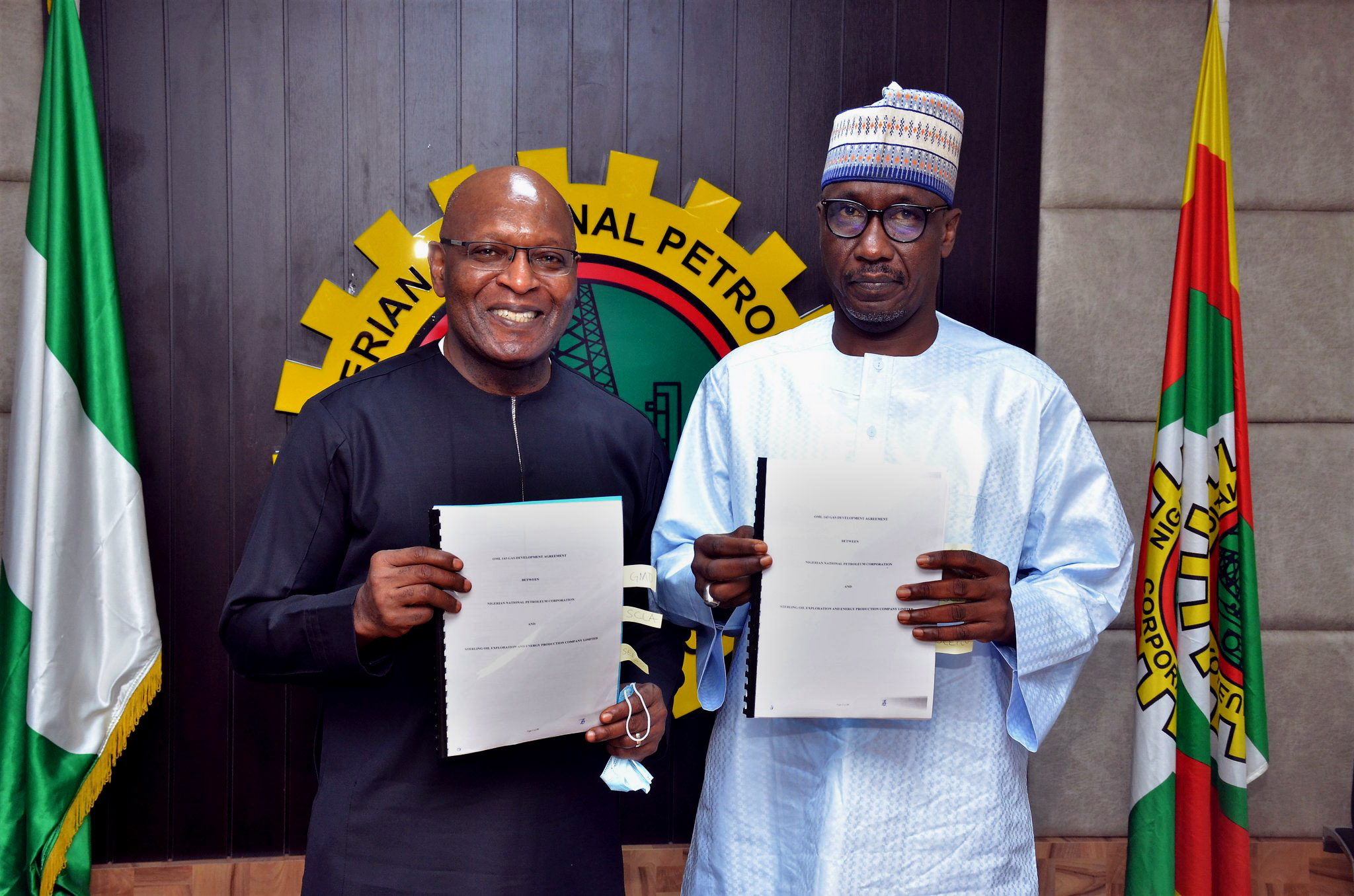
Many Motorists in the Federal Capital Territory (FCT) have frowned at the current fuel scarcity being experienced in the territory and environs.
Speaking with The Tide source in Abuja, the motorists expressed displeasure over the reoccurrence of long queues at most fuelling stations.
They urged the Nigerian National Petroleum Company Limited (NNPC Ltd) and other regulatory bodies to aggressively monitor fueling stations that appear to be hoardingpetroleum products.
According to the motorists, such fuelling stations should be sanctioned.
The source reports that most of them were not selling petroleum products, while only few were seen selling.
The long queues had caused heavy gridlocks around the areas where the fueling stations selling fuel were located.
The development had caused hardship on commuters as transportation was difficult to get.
The motorists also have the perception that some marketers and fueling stations were hoarding the products.
The source reports that some of the fueling stations dispensing the products include the Conoil and Total fueling stations opposite the NNPC Towers, which had long queues.
At Karshi Road, only three stations including Forte Oil, Conoil and Best Albino (Black Market) were selling fuel at between N180 and N285, while NNPC Limited Outlet in Karu was selling at N179.
NNPCL Retail station and SALBAS fueling station close to Gwarimpa-Kado Fly-over along Kubwa expressway had fuel but with long queues.
The motorists urged the authorities to revoke the licences of fueling stations that have not dispensed products for months.
A motorist, Mr Godfrey Aremosele who decried the current scarcity said motorists were suspecting that those stations not selling fuel were lifting products to sell at higher prices in other states and outskirts, thereby causing shortage in Abuja.
Mr Donald Ugwu, another motorist, said the situation was not predictable, adding that the suspicion was that marketers were trying to create artificial scarcity to hike the pump price from N180 being sold by some of their members.
According to him, it has not been easy for us during and after the yuletide as fuel price has been high in some areas and states which contributed to the high transportation fare experienced by travellers.
“In Enugu, I bought fuel last week at N340 per litre. I just bought today at N280 per litre at Haris fueling station Maraba, Nasarawa State.
“The government needs to address issues bordering on fuel crisis,” he said.
Another motorist who claimed anonomity expressed displeasure at the situation, adding that there were a lot of things being hidden in the oil and gas sector especially in the subsidy regime.
“It is better to remove the subsidy completely for Nigerians to know the real price of petrol and face it squarely,” the motorist said.
The motorists, however, called on the NNPC Limited and other oil regulatory bodies to swing into action and enforce surveillance to fish out marketers and fuelling stations that were hoarding fuel.
City Crime
Foundation To Host National Conference on Value Reorientation In Port Harcourt
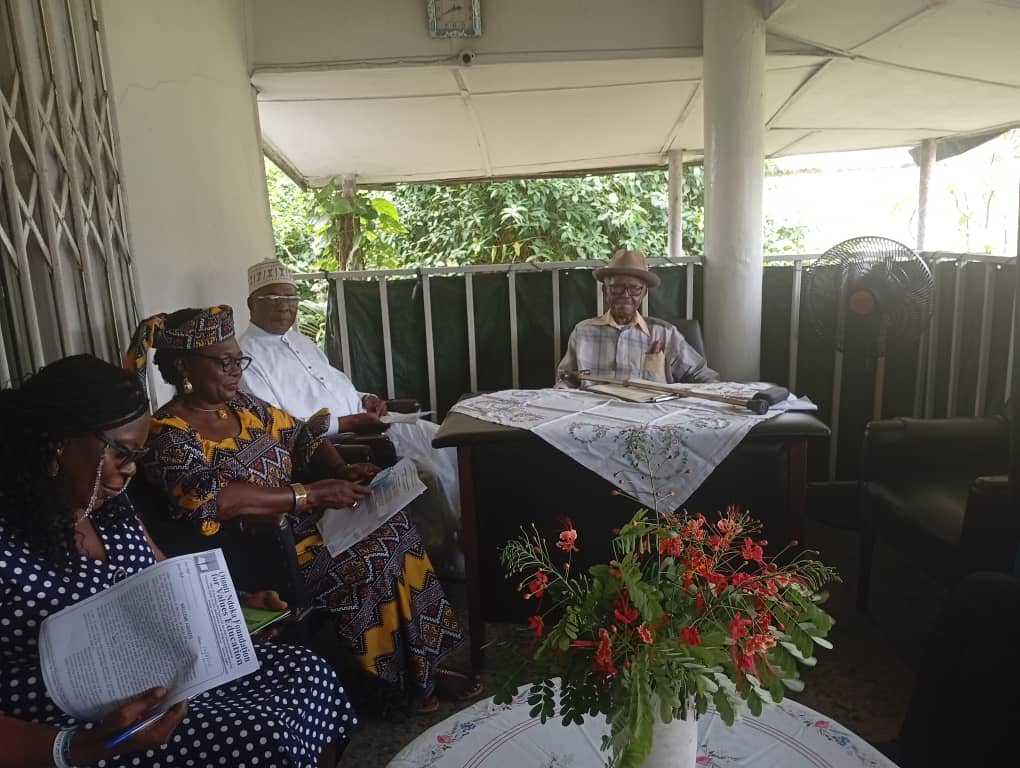
The Otonti Nduka Foundation for Values Education, a non-governmental organization based in Port Harcourt, Rivers State, has said that foundation is set to host a one-day national conference on reviving Nigeria’s value system.
The conference which has the theme”Trends and Challenges in Upholding Values in Nigeria,” will take place on November 13, 2025, at the Obi Wali International Conference Centre in Port Harcourt.
Speaking with newsmen at the foundation’s corporate office in port Harcourt, Tuesday,the chairman of the Board of Trustees, Emeritus prof Otonti Nduka disclosed that the conference is being held in collaboration with Rivers State University (RSU) and aims to bring together professionals from across the country to discuss the nation’s values landscape and collectively reset the compass of the society’s ethical and values system.
The emeritus professor hinted that the conference will be chaired by HRM King Diete Spiff, the Amanyanbo of Twon Brass, Bayelsa State while the key note speakers include Dr. Ngozi Okonjo-Iweala, Dr. Akinwumi Adesina, and Bishop Matthew Kukah, all known for their integrity and service.
According to him, the nation’s value system has deteriorated, and concerted efforts are needed to reverse the trend and restore sanity to society , stressing that the conference is designed to chart a new course based on national values and ethical leadership.
Prof. Nduka called for support from governments, public, and private individuals to achieve the program’s objectives.
He noted that the foundation was established in 2006 to revitalize the moral fibre of Nigerian society through the enunciation, inculcation, propagation, and dissemination of positive values.
Earlier in his speech, the Chairman of the conference, prof Hillary Wordu urged the media to partner with the foundation to create the necessary sensitization and awareness for the success of the event.
He assured that the conference would address nagging national values issues, including insecurity, corruption, election malpractice, and injustice.
City Crime
test
testing
City Crime
Nigeria Unveils 90,000km Fibre Optic Network Boost Nationwide
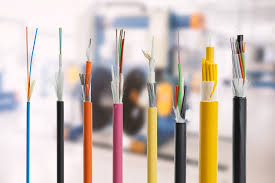
-
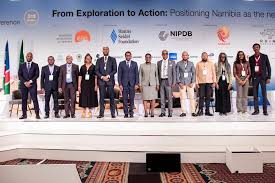
 Business3 days ago
Business3 days agoPETAN, Others Unveil ALCO, Get NCDMB’s Support … Mull Synergy With APPO, AU
-
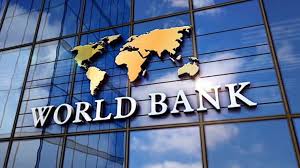
 News3 days ago
News3 days agoNigeria’s Debt To W’Bank IDA Hits $19.2bn -Report
-
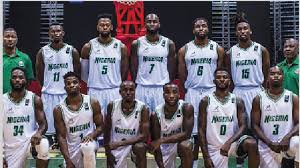
 Sports3 days ago
Sports3 days agoD’Tigers flawless finish against Lions in AfroBasket
-
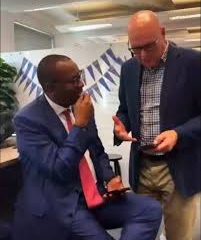
 Sports3 days ago
Sports3 days agoNigeria delegation Visits London over 2030 Commonwealth bid
-
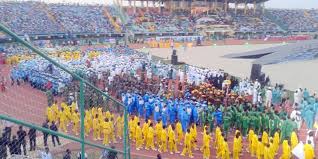
 Sports3 days ago
Sports3 days agoNYG:154 Nasarawa Contingent Storms Kwara For Zonal Eliminations
-
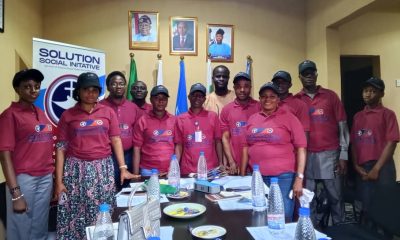
 Niger Delta3 days ago
Niger Delta3 days agoSSI Moves To Empower Residents Of N’Delta Communities
-

 Business3 days ago
Business3 days agoAON Lifts Ban On Freed Ibom Air Passenger
-
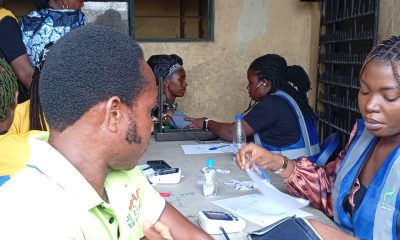
 News3 days ago
News3 days agoChurch Renders Free Medical Outreach, Others To Host Communities

